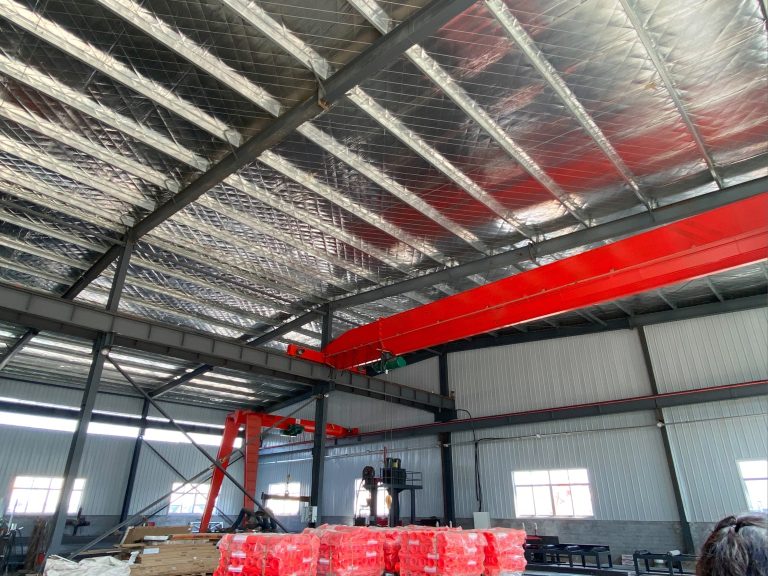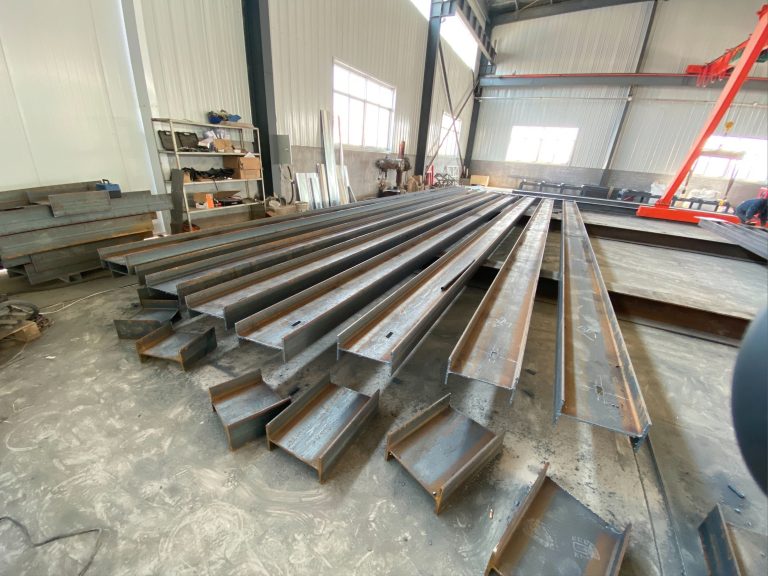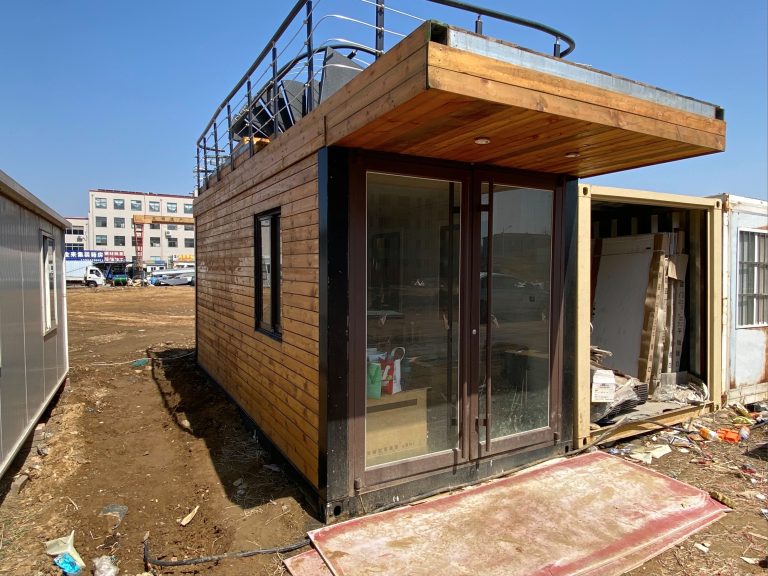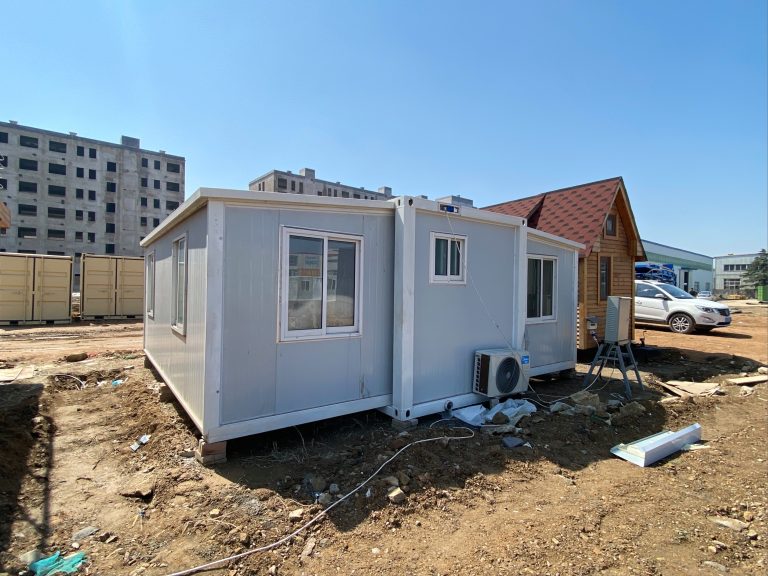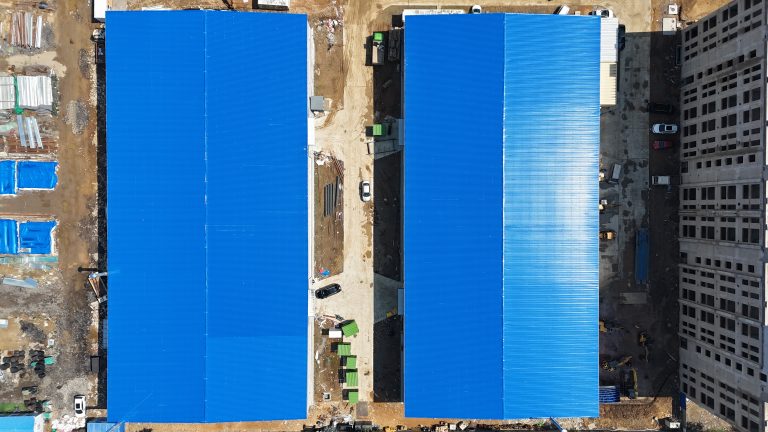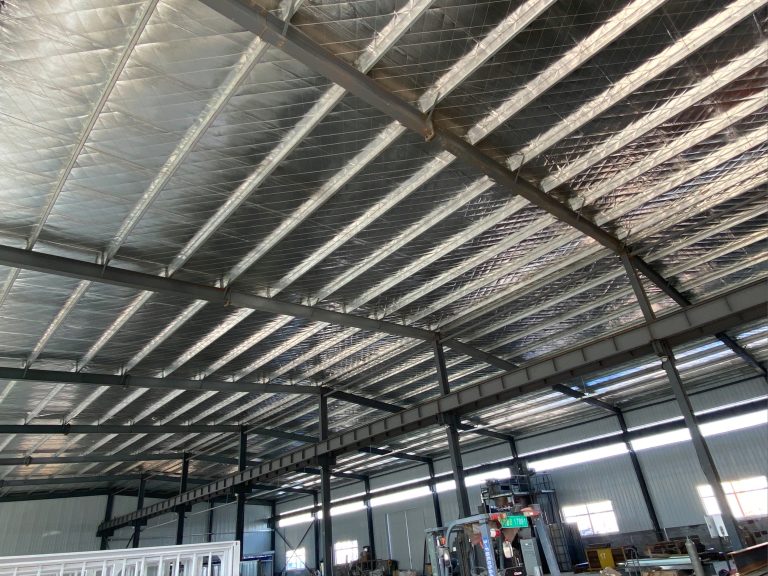Research on the integration of container house and sustainable energy system
Table of Contents
Benefits of Integrating Container Houses with Sustainable Energy Systems
Container houses have gained popularity in recent years as a sustainable and cost-effective housing solution. These houses are constructed using repurposed shipping containers, which not only reduces construction waste but also provides a durable and versatile building material. In addition to their environmental benefits, container houses can also be integrated with sustainable energy systems to further enhance their efficiency and reduce their carbon footprint.
One of the key benefits of integrating container houses with sustainable energy systems is the potential for energy independence. By incorporating solar panels, wind turbines, or other renewable energy sources, container houses can generate their own electricity, reducing reliance on the grid and lowering utility bills. This not only saves money in the long run but also reduces the environmental impact of traditional energy sources.
Furthermore, sustainable energy systems can help container houses achieve a higher level of energy efficiency. By using energy-efficient appliances, LED lighting, and smart home technology, container houses can minimize energy consumption and maximize the use of renewable energy. This not only reduces the carbon footprint of the house but also creates a more comfortable and sustainable living environment for its occupants.
In addition to energy independence and efficiency, integrating container houses with sustainable energy systems can also increase the overall value of the property. As more and more homebuyers prioritize sustainability and energy efficiency, a container house with a sustainable energy system can be a selling point that sets it apart from traditional homes. This can lead to higher resale value and increased demand for container houses in the real estate market.
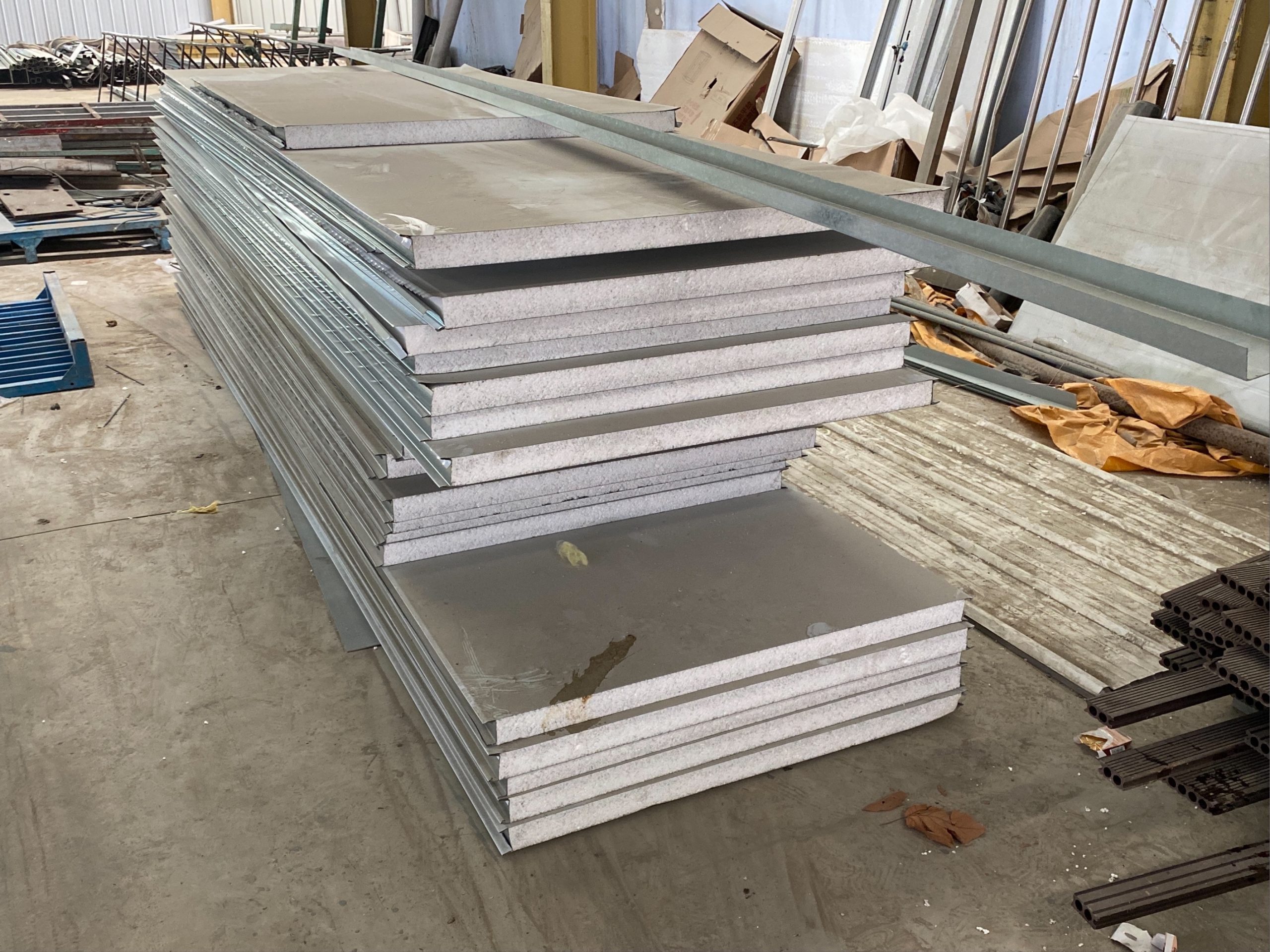
Another benefit of integrating container houses with sustainable energy systems is the potential for off-grid living. By combining renewable energy sources with energy storage systems, container houses can operate completely off the grid, providing a self-sufficient and sustainable living option for those seeking a more independent lifestyle. This can be particularly beneficial in remote or rural areas where access to the grid may be limited or unreliable.
Furthermore, integrating container houses with sustainable energy systems can help reduce greenhouse gas emissions and combat climate change. By using renewable energy sources instead of fossil fuels, container houses can significantly reduce their carbon footprint and contribute to a more sustainable future. This is especially important as the global demand for housing continues to rise, and the construction industry plays a significant role in carbon emissions.
Overall, the integration of container houses with sustainable energy systems offers a wide range of benefits, from energy independence and efficiency to increased property value and off-grid living options. As the demand for sustainable housing solutions continues to grow, container houses with sustainable energy systems are poised to become a popular choice for environmentally conscious homeowners. By harnessing the power of renewable energy and innovative building techniques, container houses can provide a sustainable and cost-effective housing option for the future.
Case Studies on Successful Implementation of Container Houses with Sustainable Energy Systems
Container houses have gained popularity in recent years as a sustainable and cost-effective housing solution. These houses are constructed using repurposed shipping containers, which are durable, affordable, and readily available. In addition to being environmentally friendly, container houses can also be integrated with sustainable energy systems to further reduce their carbon footprint and energy costs.
Research has shown that the integration of container houses with sustainable energy systems can lead to significant energy savings and environmental benefits. One study conducted by researchers at the University of California, Berkeley, found that container houses equipped with solar panels and energy-efficient appliances can reduce energy consumption by up to 50% compared to traditional homes. This reduction in energy usage not only lowers utility bills for homeowners but also helps to reduce greenhouse gas emissions and combat climate change.
Another study, conducted by researchers at the Massachusetts Institute of Technology, examined the feasibility of integrating container houses with geothermal heating and cooling systems. Geothermal systems use the natural heat stored in the earth to provide heating and cooling for buildings, reducing the need for traditional heating and cooling systems that rely on fossil fuels. The study found that container houses equipped with geothermal systems can achieve energy savings of up to 70% compared to conventional homes, making them a highly sustainable housing option.
In addition to reducing energy consumption, the integration of container houses with sustainable energy systems can also increase the resilience of homes to power outages and natural disasters. For example, container houses equipped with solar panels and battery storage systems can continue to provide electricity during blackouts, ensuring that homeowners have access to essential services such as lighting, heating, and refrigeration. This increased resilience is particularly important in regions prone to extreme weather events, where power outages can be frequent and prolonged.
Case studies of successful implementation of container houses with sustainable energy systems further demonstrate the benefits of this integrated approach. One such case study is the ReHome project in Portland, Oregon, which involved the construction of a community of container houses powered entirely by solar energy. The project not only reduced energy costs for residents but also created a sustainable and resilient housing community that is less reliant on the grid.
Another successful case study is the EcoVillage project in Sweden, where container houses are integrated with geothermal heating and cooling systems, as well as rainwater harvesting and greywater recycling systems. The project has achieved significant energy savings and environmental benefits, while also providing a high quality of life for residents.
Overall, research on the integration of container houses with sustainable energy systems highlights the potential for these innovative housing solutions to address the dual challenges of climate change and affordable housing. By combining the durability and affordability of container houses with the energy efficiency and resilience of sustainable energy systems, homeowners can reduce their environmental impact, lower their energy costs, and create a more sustainable future for themselves and their communities.

